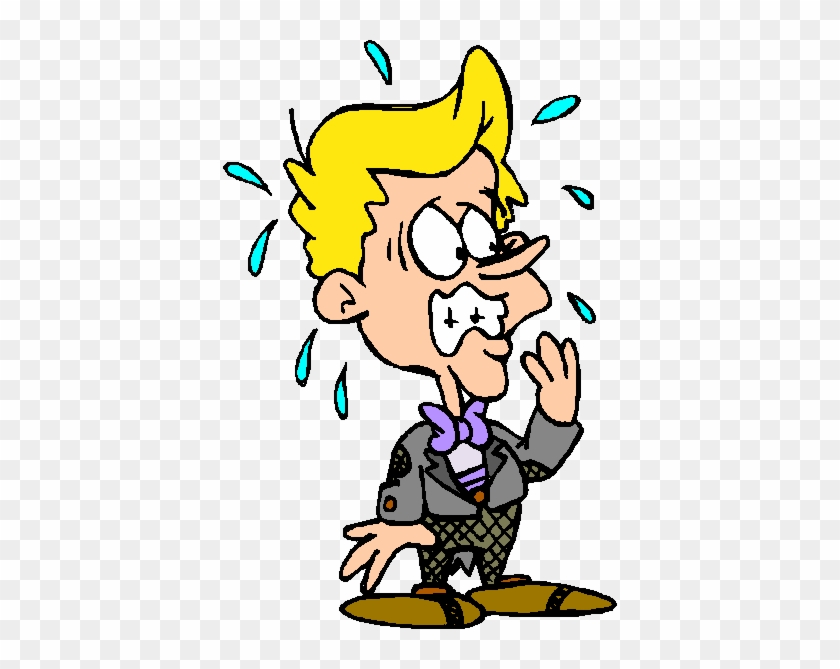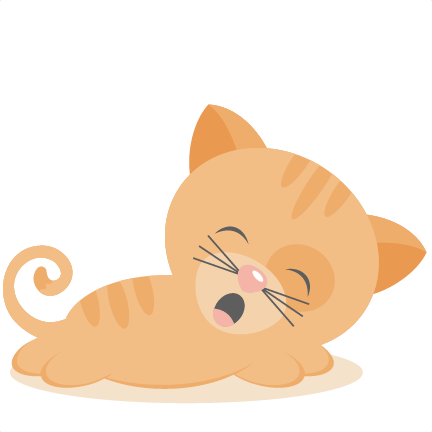Would you use SER or ESTAR to say the following in Spanish:
My cousins are tall.
SER = What I am like (describes appearance)
Mis primos SON altos.
Translate to English:
Tengo frío
Translate to English:
Tengo frío
Answer: I am cold (Literally: I have cold)
Fill in the blank:
Tengo dolor de _________. (I have a headache.)
a. cabeza
b. brazo
c. estómago
Fill in the blank:
Tengo dolor de _________. (I have a headache)
ANSWER:
a. cabeza
¿Cómo está él?
a. Está enojado.
b. Está enojada.
c. Está emocionado.
d. Está emocionada.
¿Cómo está él?
a. Está enojado.

¿Cómo es el padre?
a. Es bajo.
b. Es baja.
c. Es alto.
d. Es alta.
¿Cómo es el padre?
c. Es alto.
Would you use SER or ESTAR to say the following in Spanish:
We are happy!
ESTAR (How people feel, in this case happy)
Nosotros ESTAMOS contentos.
Translate to English:
Ella tiene hambre
Translate to English:
Ella tiene hambre
ANSWER: She is hungry (Literally: She has hunger.)
Fill in the blank:
Mi hermana tiene _________ rubio. (My sister has blonde hair.)
a. pierna
b. cuello
c. pelo
Fill in the blank:
Mi hermana tiene _________ rubio. (My sister has blonde hair.)
c. pelo
![]()
¿Cómo está ella?
a. Está enojado.
b. Está enojada.
c. Está emocionado.
d. Está emocionada.
¿Cómo está ella?
d. Está emocionada.
¿Cómo es su hermana?
a. Es pelirroja.
b. Es pelirrojo.
c. Es rubia.
d. Es rubio.
¿Cómo es su hermana?
a. Es pelirroja.
Would you use SER or ESTAR to say the following in Spanish:
My kitchen is small.
SER (What something is like...in this case my kitchen)
Mi cocina ES pequeña.
Translate to English:
¿Tienes tú sed?
Translate to English:
¿Tienes tú sed?
ANSWER: Are you thirsty? (Literally: Do you have thirst?)
Fill in the blank:
¿Tienes tú _________ azules? (Do you have blue eyes?)
a. hombros
b. ojos
c. cabeza
Fill in the blank:
¿Tienes tú _________ azules? (Do you have blue eyes?)
b. ojos

¿Cómo está la chica?
a. Está enfermo.
b. Está enferma.
c. Está contento.
d. Está contenta.
¿Cómo está la chica?
b. Está enferma.

¿Cómo es ella?
a. Es perezosa.
b. Es perezoso.
c. Es atlética.
d. Es atlético.
¿Cómo es ella?
c. Es atlética.
Would you use SER or ESTAR to say the following in Spanish:
My brother is so funny!
SER (describing what someone is like...in this case, our brother's personality)
¡Mi hermano ES muy cómico!
Translate to English:
Yo tengo calor.
Translate to English:
Yo tengo calor
ANSWER: I am hot (I have heat)
Fill in the blank:
Tengo dolor de _________. (I have a stomach ache.)
a. estómago
b. nariz
c. pie
Fill in the blank:
Tengo dolor de _________. (I have a stomach ache.)
a. estómago

¿Cómo está el chico?
a. Está nervioso.
b. Está nerviosa.
c. Está triste.
d. Está feliz.
¿Cómo está el chico?
a. Está nervioso.

¿Cómo es Oprah?
a. Es tímido.
b. Es tímida.
c. Es generoso.
d. Es generosa.
¿Cómo es Oprah?
d. Es generosa.
Would you use SER or ESTAR to say the following in Spanish:
They are angry!
ESTAR (talking about how people feel, in this case, they feel angry)
¡Ellos ESTÁN enojados!
Translate to English:
El gato tiene sueño.
Translate to English:
El gato tiene sueño
ANSWER: The cat is tired (The cat has sleepiness)
Fill in the blank:
Mi abuelo tiene dolor de _________. (My grandfather has a back ache.)
a. boca
b. cuello
c. espalda
Fill in the blank:
Mi abuelo tiene dolor de _________. (My grandfather has a back ache.)
c. espalda

¿Cómo está el gato?
a. Está preocupado.
b. Está preocupada.
c. Está cansado.
d. Está cansada.
¿Cómo está el gato?
c. Está cansado.

¿Cómo es el hombre (the man)?
a. Es simpático.
b. Es simpática.
c. Es calvo.
d. Es calva.
¿Cómo es el hombre (the man)?
a. Es simpático.
